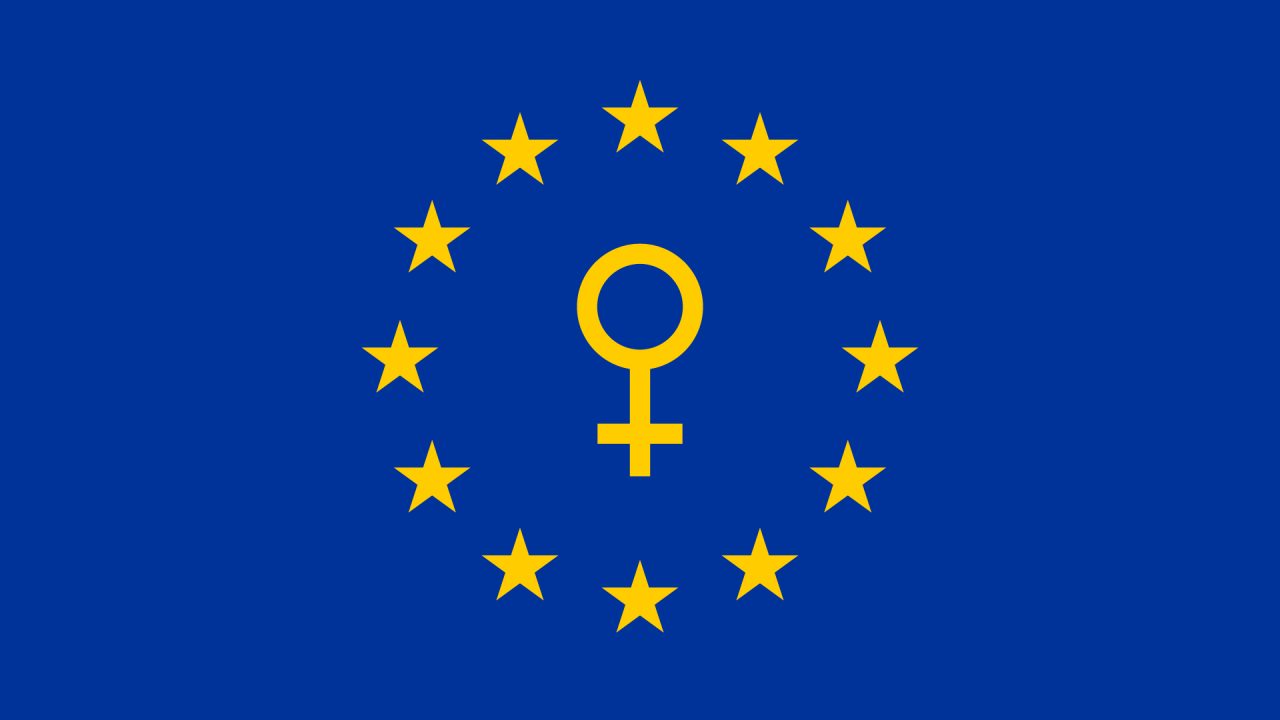An uncertain future: women and Brexit

With Brexit still an insecure subject, there is an uncertainty growing within many communities and groups across the UK, with many residents becoming worried about their positions.
Notably, several campaigners and charities have raised concerns about how women in particular are set to be hurt by possible Brexit outcomes.
For example, the Women’s Budget Group (WBG) released a report last year on how leaving in the EU is set to economically impact women. This report considered how several female communities, such as BAME and European women, are likely to be affected if Brexit continues in the way it is going.
Public services
One area which has already taken a hit, and is likely to take further ones if we leave the EU, are Britain’s public services.
According to data collected by the Institute for Fiscal Studies (IFS), the projected deficit caused by Brexit, between 2019 and 2020 is £20-40 billion.
Many campaigners, including WBG, have argued that this has taken away vital funding for public services. This has disproportionately affected women, who rely more on publicly funded services – like women’s refuges and clinics. Notably, 75% of the local authorities in England cut their spending on women’s refuges by almost a quarter in 2017-18.
BAME women
The BAME community is particularly vulnerable to economic changes, and tend to be hit the hardest by austerity. BAME women in particular are at risk of harm when it comes to Brexit; according to the WBG report, black and Asian households have seen their living standards fall by 11.2- 11.6% since 2010 (when austerity measures were introduced). In terms of cash value, this equates to £5,090 for black households, and £6,526 in Asian households.
European women
European women are also expected to be hugely impacted by current Brexit plans – particularly a ‘hard-deal’ or ‘no-deal’ Brexit.
According to the proposed changes to immigration regulations, ‘low-skilled’ EU nationals will no longer be allowed into the UK, as they do not earn below the minimum salary requirement of £30,000.
In certain industries, the loss of EU labour will have severe affects. For examples, according to a report released by the Confederation of British Industry last year, 96% of EU professionals in the British hospitality industry will no longer be able to hold their positions if these new immigration proposals are to be implemented.
Interestingly, women make up 71% of the sector, meaning that European women would be exceptionally harmed by such regulations.
Women, and particularly more vulnerable groups, are set to be severely impacted, both economically and personally, in most possible Brexit scenarios. Ultimately, while Brexit remains a mystery, so does the future of women in the UK.
Written by Luna Williams, political correspondent for the Immigration Advice Service (IAS). IAS is an organisation of UK immigration solicitors, that offers free legal support for women experiencing domestic abuse on a Spouse visa, as well as advice for businesses and overseas professionals.